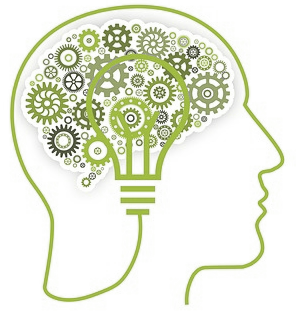Back


Identification Tool
Cluster: Social Skills
Complete the self-assessment questionnaire to validate your soft skills on the Social Skills cluster!


Complete the self-assessment questionnaire to validate your soft skills on the Social Skills cluster!
